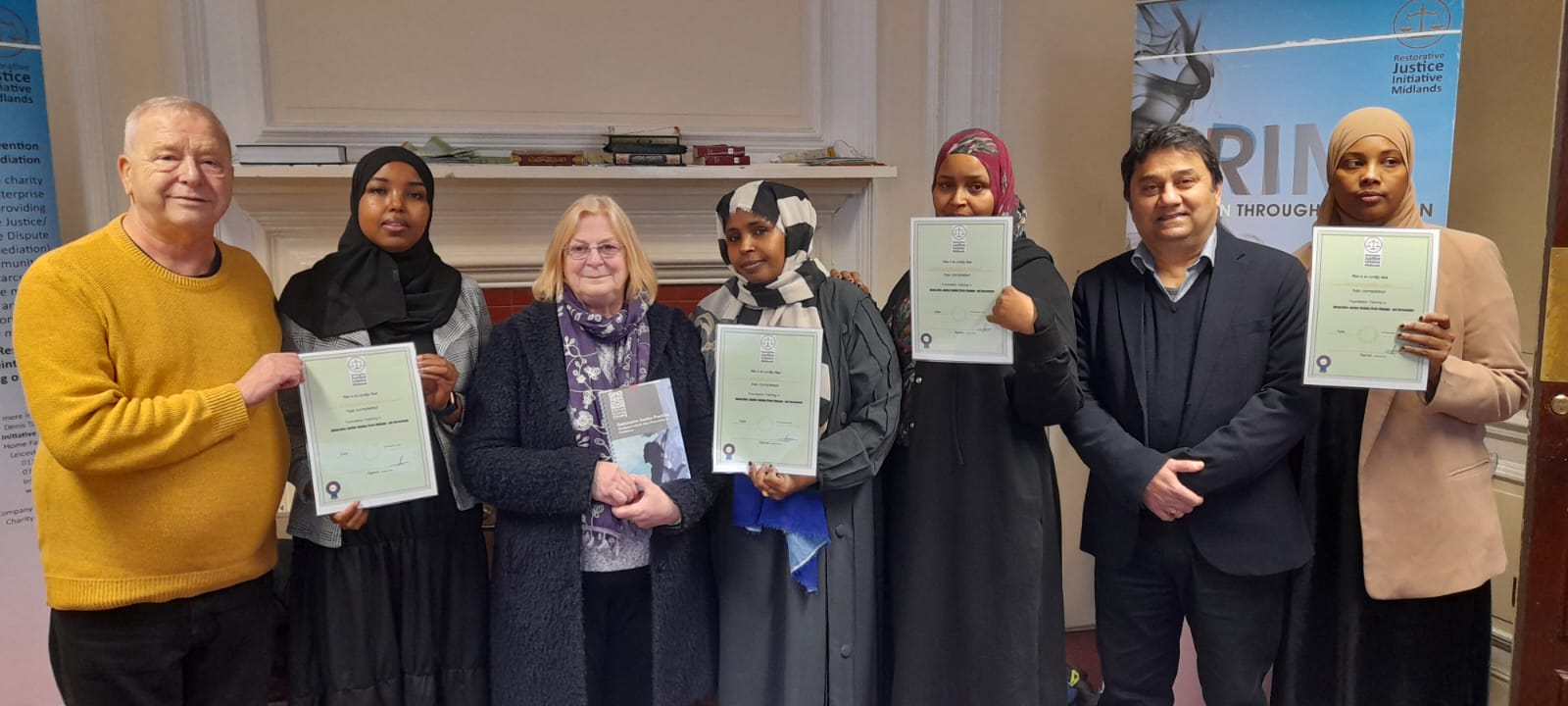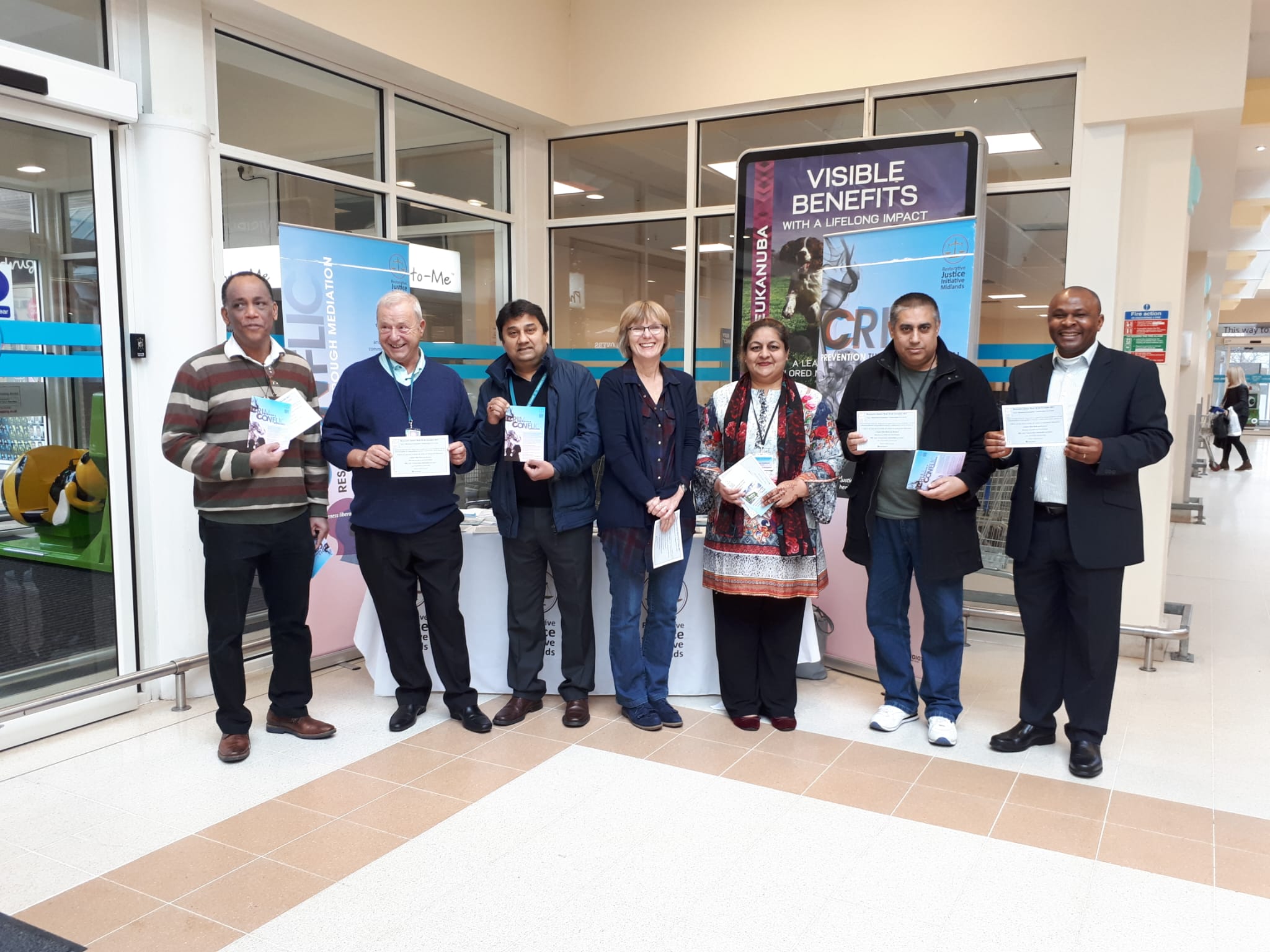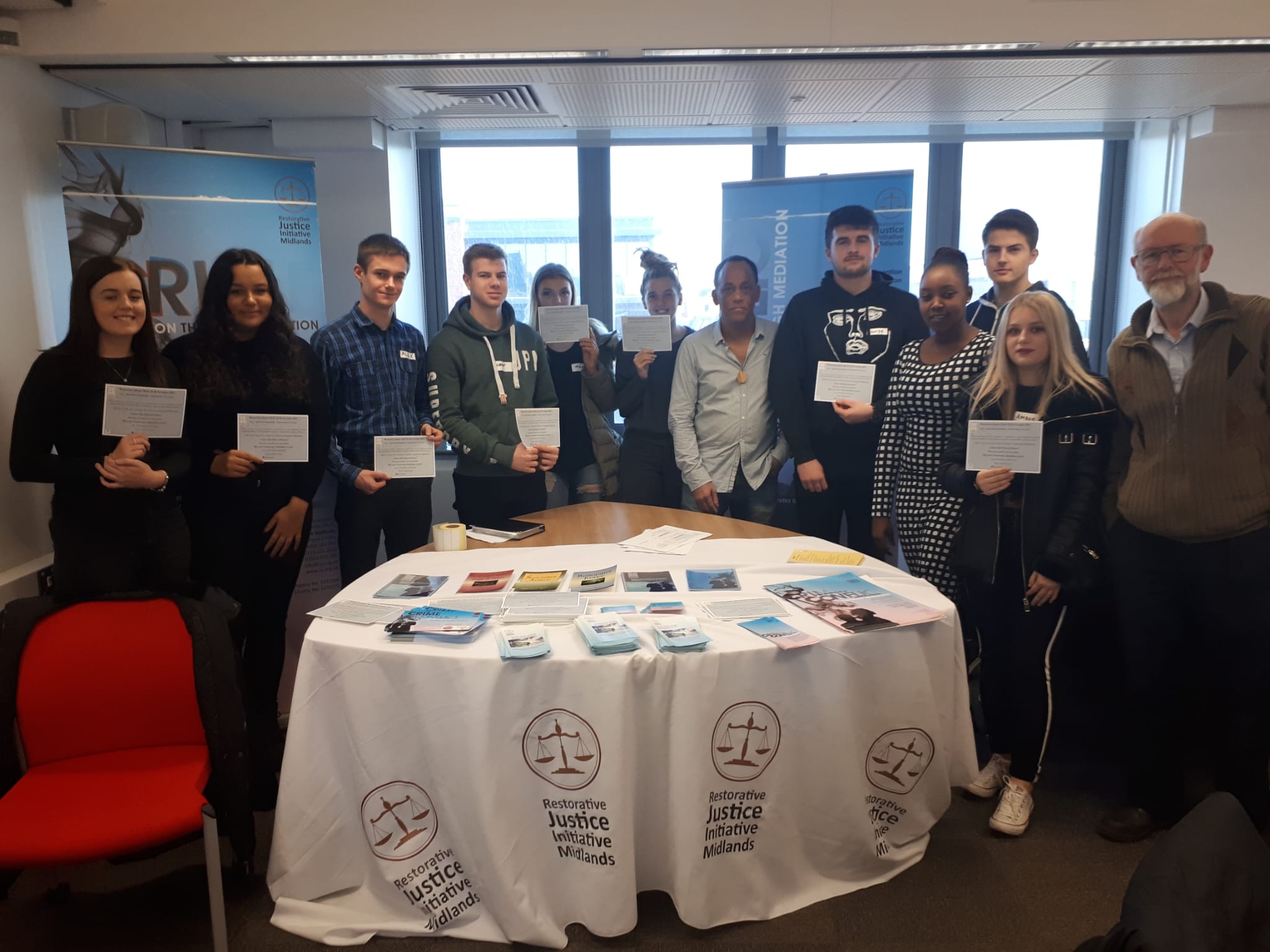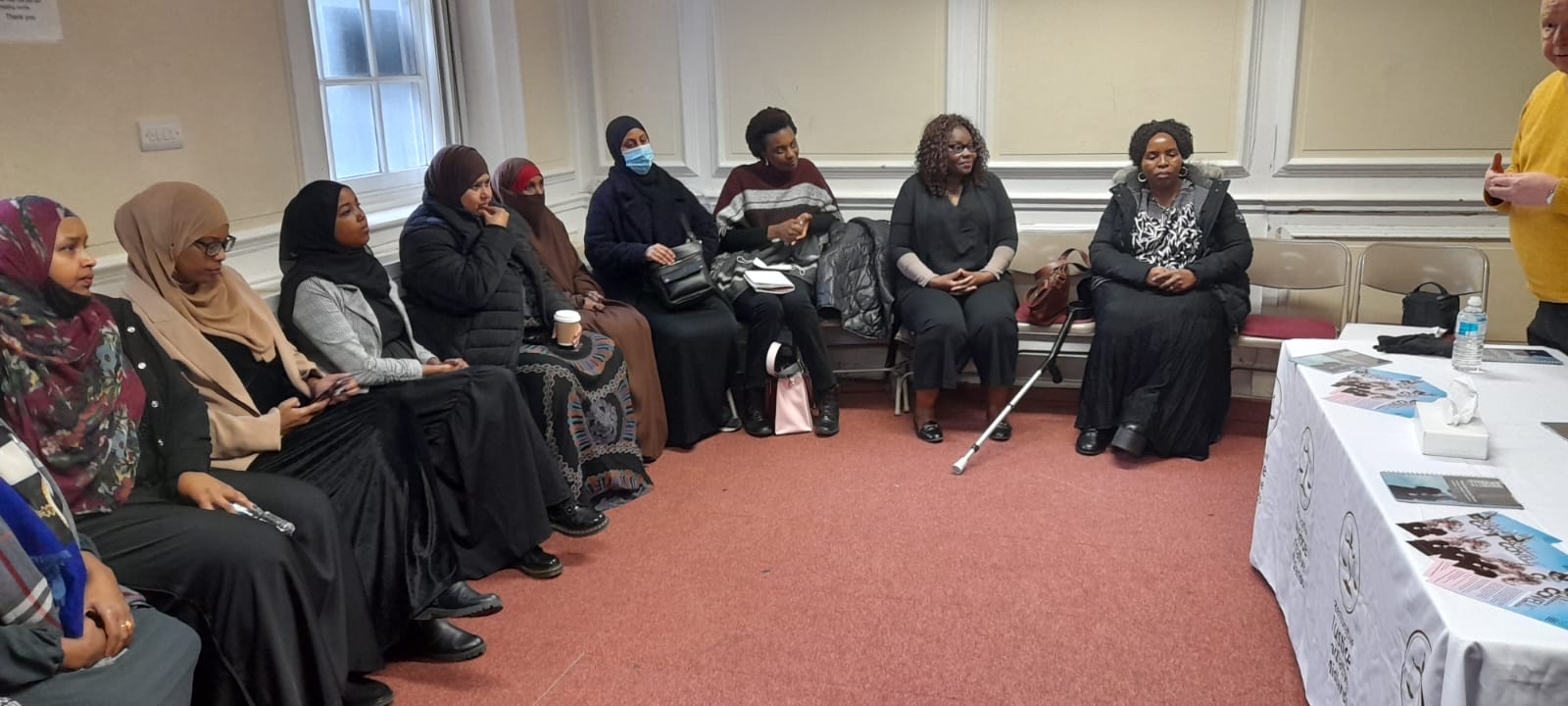About Restorative Justice Initiative (Midlands).

Restoring Relationships!!!
A crime is not just about breaking the law. More importantly, it is about damaging the relationships between members of the community. It creates an emotional wound that requires emotional healing. Restorative Justice is about restoring relationships!!!!!
Restorative Justice acknowledges the fact that harm has been done to people and relationships. This process allows the victim, the offender, and community members to talk to each other with the intent of finding a way to repair the harm done. During the process, offenders must take responsibility and display a willingness to be accountable for the harm done, not only to the victim, but to the community and to themselves.
Empathy (the ability to imagine what it would be like to be in the victim’s situation), along with sincerity and the willingness to face the consequences are essential for the offender to be successful in this process.

Restorative justice is a process whereby
- all the parties with a stake in a particular conflict or offence come together to resolve collectively how to deal with its aftermath and its implications for the future, and
- Offenders have the opportunity to acknowledge the impact of what they have done and to make reparation, and the victims have the opportunity to have their harm or loss acknowledged and amends made.
The benefit of Restorative dialogue includes:
The Offender
The Victim
The Community

- A more sympathetic view of the principles of Restorative Justice (mediation) amongst community members
- The promotion of alternative disputes resolution in local communities.
- Reduced pressure on the on police, social services, and courts.
- Greater crime awareness and alternative disputes resolution amongst young people, migrants and local community.
- Greater community participation in dealing with crime, wrongdoing and conflict.
- Communities will be strengthened through the rebuilding of relationships, by maintaining ownership of this process; and through increased skills and knowledge which will be acquired through their participation.

